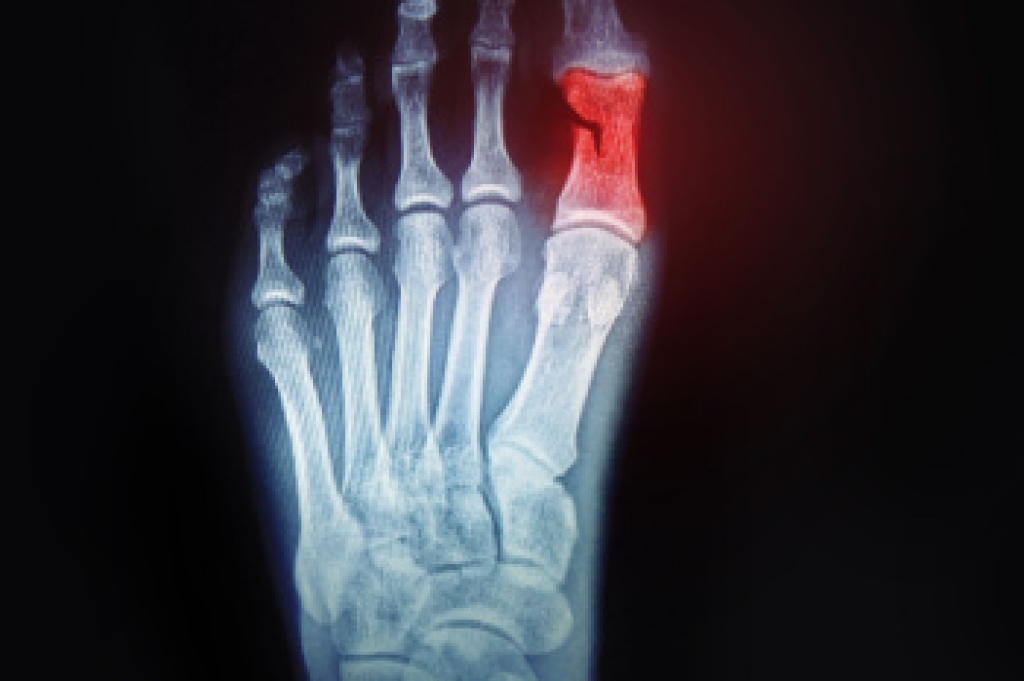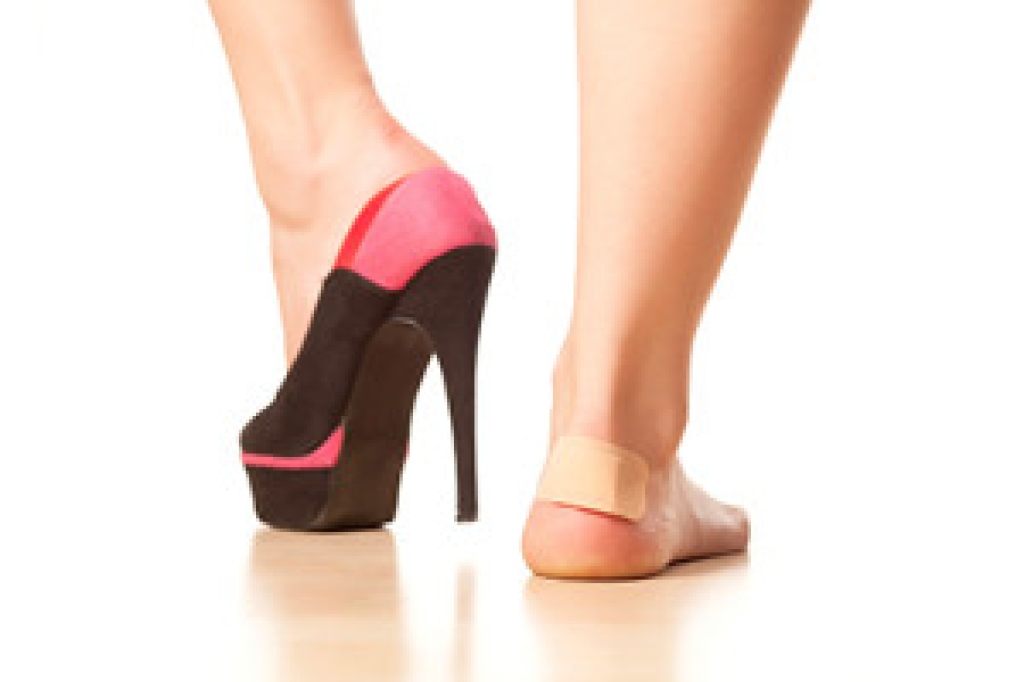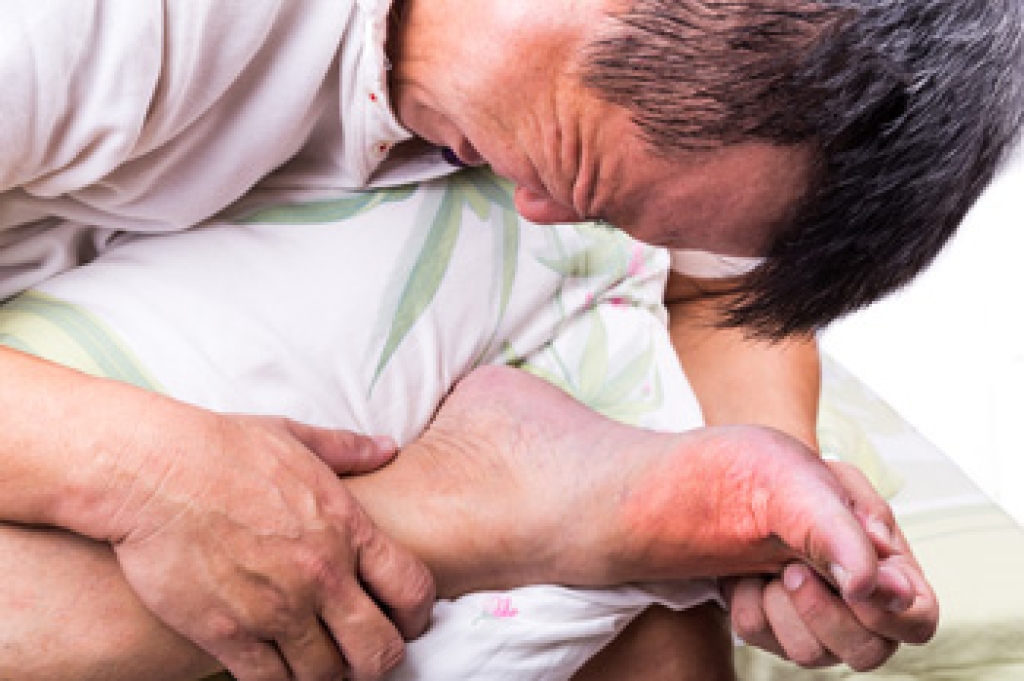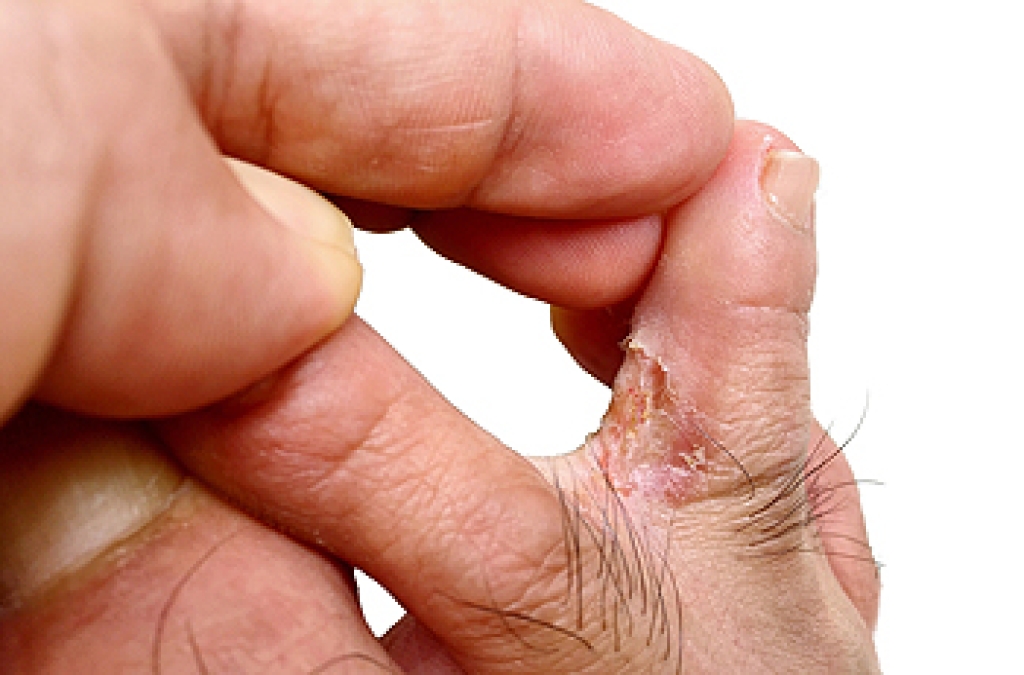
Broken toes can cause significant discomfort and limit mobility. Toe fractures usually occur from stubbing the toe, dropping something heavy on the foot, or sustaining a sports-related impact. Symptoms include swelling, bruising, and pain when walking or applying pressure. Diagnosis is confirmed through an exam and imaging to assess the extent of the fracture and determine if the bone is displaced. Stable, nondisplaced fractures may be managed with protective footwear to reduce movement and pressure, while displaced fractures often require a procedure to realign the bone. Fractures of the big toe tend to be more serious due to this toe’s role in balance and walking. Big toe injuries may require stabilization or even surgery if the damage is severe. A podiatrist can provide a proper diagnosis, realignment, and supportive devices to promote healing and prevent long-term complications. If you are experiencing pain from a broken toe, it is suggested that you make an appointment with a podiatrist for an exam, diagnosis, and treatment.
A broken toe can be very painful and lead to complications if not properly fixed. If you have any concerns about your feet, contact Larry J. Kipp, DPM from Coastal Podiatry Center. Our doctor will treat your foot and ankle needs.
What to Know About a Broken Toe
Although most people try to avoid foot trauma such as banging, stubbing, or dropping heavy objects on their feet, the unfortunate fact is that it is a common occurrence. Given the fact that toes are positioned in front of the feet, they typically sustain the brunt of such trauma. When trauma occurs to a toe, the result can be a painful break (fracture).
Symptoms of a Broken Toe
- Throbbing pain
- Swelling
- Bruising on the skin and toenail
- The inability to move the toe
- Toe appears crooked or disfigured
- Tingling or numbness in the toe
Generally, it is best to stay off of the injured toe with the affected foot elevated.
Severe toe fractures may be treated with a splint, cast, and in some cases, minor surgery. Due to its position and the pressure it endures with daily activity, future complications can occur if the big toe is not properly treated.
If you have any questions, please feel free to contact our office located in New Port Richey, FL . We offer the newest diagnostic and treatment technologies for all your foot care needs.





